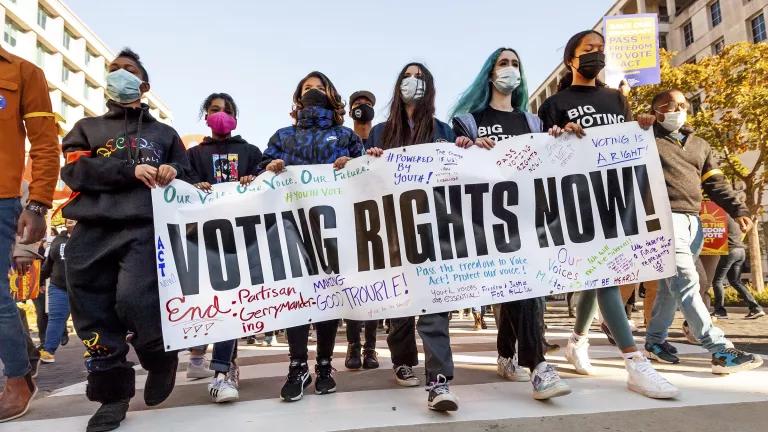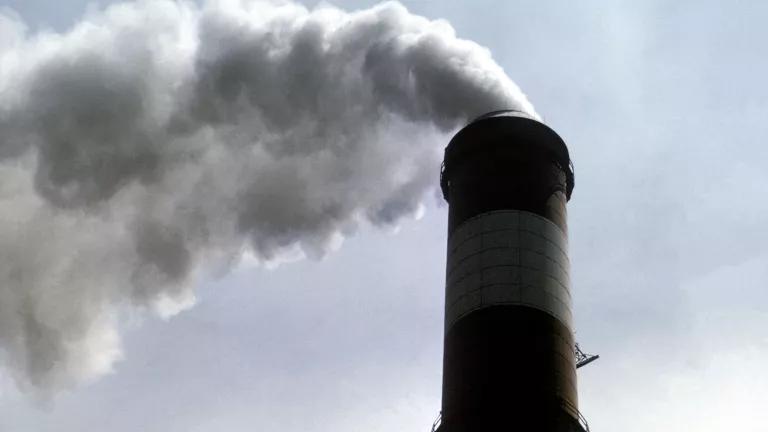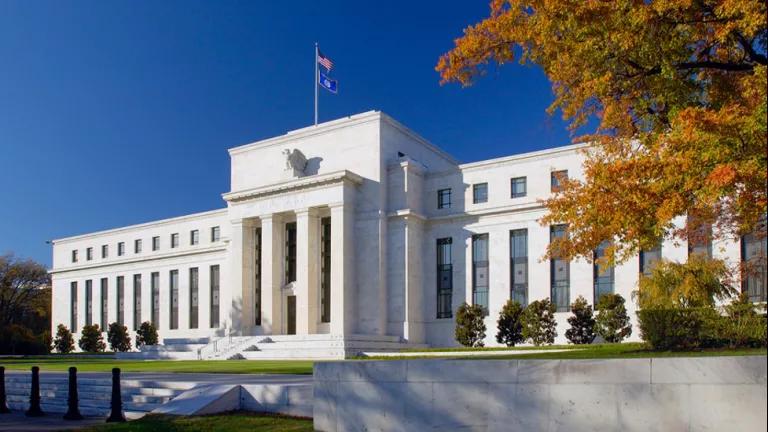The Constitution—and the Public Trust—Requires Impartial Justice

NRDC’s work to protect our health and environment depends on the integrity of our constitutional democracy.
The Senate impeachment trial of President Trump opened Tuesday beneath a pall of doubt over whether some senators will take seriously their sworn oath to deliver impartial justice.
Two of the Senate’s most powerful Republicans, after all, boasted weeks ago that they had no intention of acting impartially.
“I’m not impartial about this at all,” Senate Majority Leader Mitch McConnell of Kentucky said in December. He went on to say he would conduct himself not as an impartial purveyor of justice but as a partisan agent of Trump’s, pledging to handle the proceedings “in total coordination with the White House Counsel’s office.”
His fellow Republican Lindsey Graham, chairman of the Senate Judiciary Committee, told CNN in December, “I am trying to give a pretty clear signal I have made up my mind. I’m not trying to pretend to be a fair juror here.”
Those categorical statements stand in direct conflict with the oath of impartiality the Constitution and Senate rules require of all senators in impeachment proceedings.
Chief Justice John Roberts, who is presiding over the Senate trial, administered that oath last week.
“Do you solemnly swear that in all things appertaining to the trial of the impeachment of Donald John Trump, president of the United States, now pending, you will do impartial justice according to the Constitution and laws,” he asked, “so help you God?” Of the Senate’s 100 members, 99 signed a ceremonial oath book—James Inhofe, Republican of Oklahoma, was absent—vowing to do just that.
What, exactly, did that sworn oath mean?
Are we to believe that the most powerful man in the United States Senate is openly, wantonly flouting his constitutionally mandated oath to deliver impartial justice? Are we to believe the chairman of the Senate Judiciary Committee is doing the same? How else to interpret these contradictions?
For that matter, is it possible that other senators would fail to honor their oath and, instead, treat the impeachment proceedings as they would any other partisan issue—in direct contradiction to what the Constitution requires? And, if that happens, how will we, as citizens, respond?
These are existential questions for the integrity of our constitutional democracy.
The Senate is a political place. Of course each senator—Democrat, Republican or independent—has political leanings and partisan views. But the Constitution, the supreme law of the land, the law that is the country’s foundation, requires impartial justice. That means a conscious willingness to set partisanship aside so the senators may hear and deliberate on the evidence provided and the testimony given during the proceedings, without being wedded to a preordained outcome.
That is exactly what we don’t have from McConnell and Graham.

The U.S. House of Representatives has provided compelling evidence that Trump withheld from Ukraine nearly $400 million in desperately needed military assistance and then acted to thwart the House in its efforts to discover the truth about what happened. That evidence was sufficient to merit charging Trump with abuse of power and obstruction of Congress, in the view of, respectively, 230 and 229 members of the House.
Senators may conclude the House process was a partisan exercise. They may decide the president did nothing wrong, or that his actions don’t warrant removal from office, or that they don’t rise to the level of “Treason, Bribery, or other high Crimes and Misdemeanors” the Constitution names as impeachable offenses. But to dismiss these charges out of hand, without gathering and weighing the evidence, and to preempt discussion and deliberation with open declarations of prejudice, is to betray the oath of impartial justice and break faith with the public trust.
That is something we tolerate, as a nation, at our peril.
Our work standing up to protect the environment and public health depends on making sure people understand the risks we face from toxic pollution, for example, industrial harm, and the widening dangers of climate change. It depends on the rule of law and our commitment to enforcing the statutes and regulations that promote clean air and water, healthy wildlife and lands. And it depends on our ability to hold our elected leaders to account.
That’s the essence of our constitutional democracy, a system that guarantees us the right to know the truth about what our government does, or fails to do, on our behalf and provides the legal and political tools that government by the consent of the governed requires.
A threat to the integrity of that system is a threat to our work. It’s a threat to our values, not only as environmental advocates but as citizens of this country. It’s a threat to our democracy.




